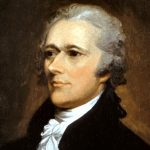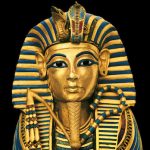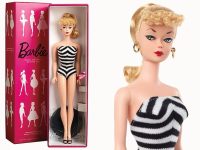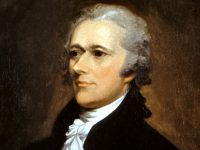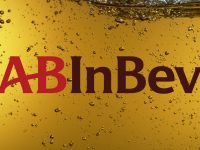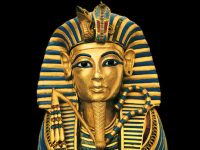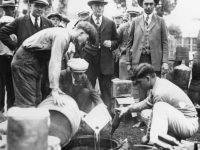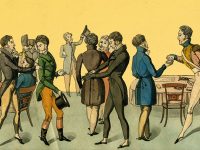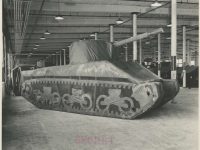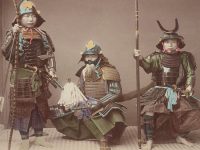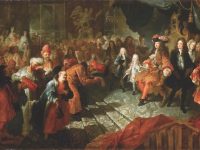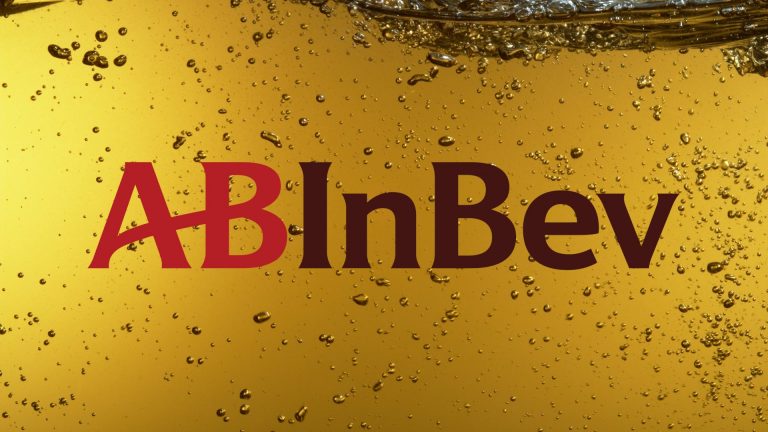Breweries have been a huge part of American history for hundreds of years. However, Prohibition was a time where the U.S. wanted to put a stop to it and sober everyone up. To adapt to the change, there were brewers that switched up their companies to serve a different product. Here are 5 brewing companies that made it through prohibition.
Yuengling
The little brewery made in 1829 in Pottsville, PA still stands. They started making near-beer products, which consisted of the Yuengling Special, Yuengling Por-Tor, and Yuengling Juvo. A more interesting change of pace as they began producing ice cream. Yes, ice cream. They opened a dairy spot right across from the brewery and started creating dairy products. Even though Yuengling went back to creating alcoholic beer after Prohibition ended, they still have ice cream to this date.
Pabst Brewing Company
Mr. PBR actually sold cheese during the Prohibition era. They found that the ice cellars were perfect for aging the spread, so they turned into a cheese powerhouse temporarily. Other products included soft and malt drinks. After prohibition, they started cracking out their Blue Ribbon beer product again and sold their cheese department to Kraft.
Anheuser-Busch InBev
They got really inventive during the Prohibition era. They expanded their product line to 25 in anticipation of the new ban on alcohol. They had an existing fleet of refrigerated trucks, so it was easy for them to produce ice cream, soft drinks, and malt drinks. However, Anheuser-Busch found a gold mine in yeast. They were able to sell the raw product because of its use in so many other things.
Coors Brewing Company
The founder of the company, Adolph Coors, had a knack for diversification. He had some involvement with John Herold, who owned Herold Pottery and China Company. The company specialized in art pottery and laboratory ceramics. When Herold stepped down from his main position in Golden, CO, Herold signed on as a manager. He eventually renamed it Coors Porcelain Company and they did very well in World War I because of the high demand for ceramic labware. It became known as CoorsTek in the modern age and is still churning out quality chemical labware, spark plugs, dinnerware, golf clubs, and other items. It’s a multi-billion dollar business now.
Jim Beam
Yup, Mr. Beam stayed afloat due to medicinal purposes. There was a loophole that allowed for medicinal liquor to stay around. If you were “sick”, you could purchase some at a time then have to wait 10 days to get more. Of course, people bought in bulk during the Prohibition, which was like going to Costco (only with their “medicinal liquor”). The Beam family was also smart to start producing and selling bourbons in different territories, such as Canada and Mexico.

